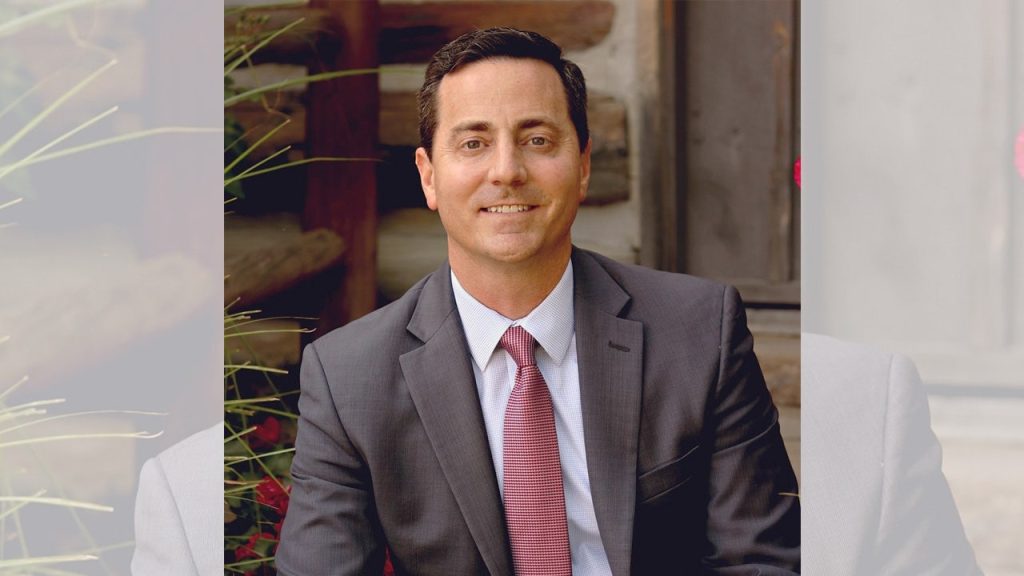Republican Utah Senate candidate Trent Staggs has taken a firm stance against progressive ESG ideas on environmental, social, and governance issues during his campaign. Despite this, some argue that his past involvement with an ESG-focused company may contradict his current position. Staggs, the current mayor of Riverton, Utah, has criticized renewable energy policies and has actively opposed ESG initiatives, stating on his campaign website that he has pushed back against damaging “woke” policies like ESG. He has also authored a resolution preventing Riverton City from collaborating with organizations that promote ESG.
Securities and Exchange Commission filings reveal that Staggs served on the board of directors of Vivakor, a Dallas-based oil remediation services company with a focus on clean energy technology and ESG initiatives, from September 2020 to January 2023. During his tenure, Vivakor expressed its intent to maintain its ESG focus while seeking opportunities to diversify its products. Staggs defended his time at Vivakor, stating that he actively fought against ESG policies while serving on the board and advocated for the acquisition of traditional oil and gas assets in opposition to ESG principles. He claimed to have firsthand experience with the negative effects of financial markets imposing ESG practices on public companies, leading him to oppose ESG both in corporate settings and as an elected official.
The Utah primary elections are scheduled for late June, with Staggs facing stiff competition from U.S. Rep. John Curtis, conservative lawyer Brent Hatch, and former Utah state Rep. Brad Wilson. A poll conducted in January by Deseret News and the University of Utah Hinckley Institute of Politics indicated that Staggs was trailing behind the other candidates. Despite this, Staggs remains committed to his anti-ESG stance, emphasizing his efforts to combat ESG policies within both the corporate world and as an elected official. Vivakor declined to provide a comment on Staggs’ statements regarding his time with the company, leaving the controversy surrounding his past work with an ESG-focused organization unresolved as the primary election approaches.
Overall, Staggs’ campaign for the Utah Senate has been marked by his vocal opposition to ESG initiatives and renewable energy policies, despite his previous involvement with an ESG-focused company. While Staggs has taken a strong stance against ESG on the campaign trail, some question the consistency of his rhetoric with his past actions. Staggs defended his time at Vivakor, highlighting his efforts to counter ESG policies while serving on the board and advocating for traditional energy assets. With the Utah primary elections looming, Staggs faces tough competition and challenges related to his past work with an ESG company. The outcome of the elections will determine whether Staggs’ anti-ESG platform resonates with voters and propels him to victory in the race for the Utah Senate seat.


